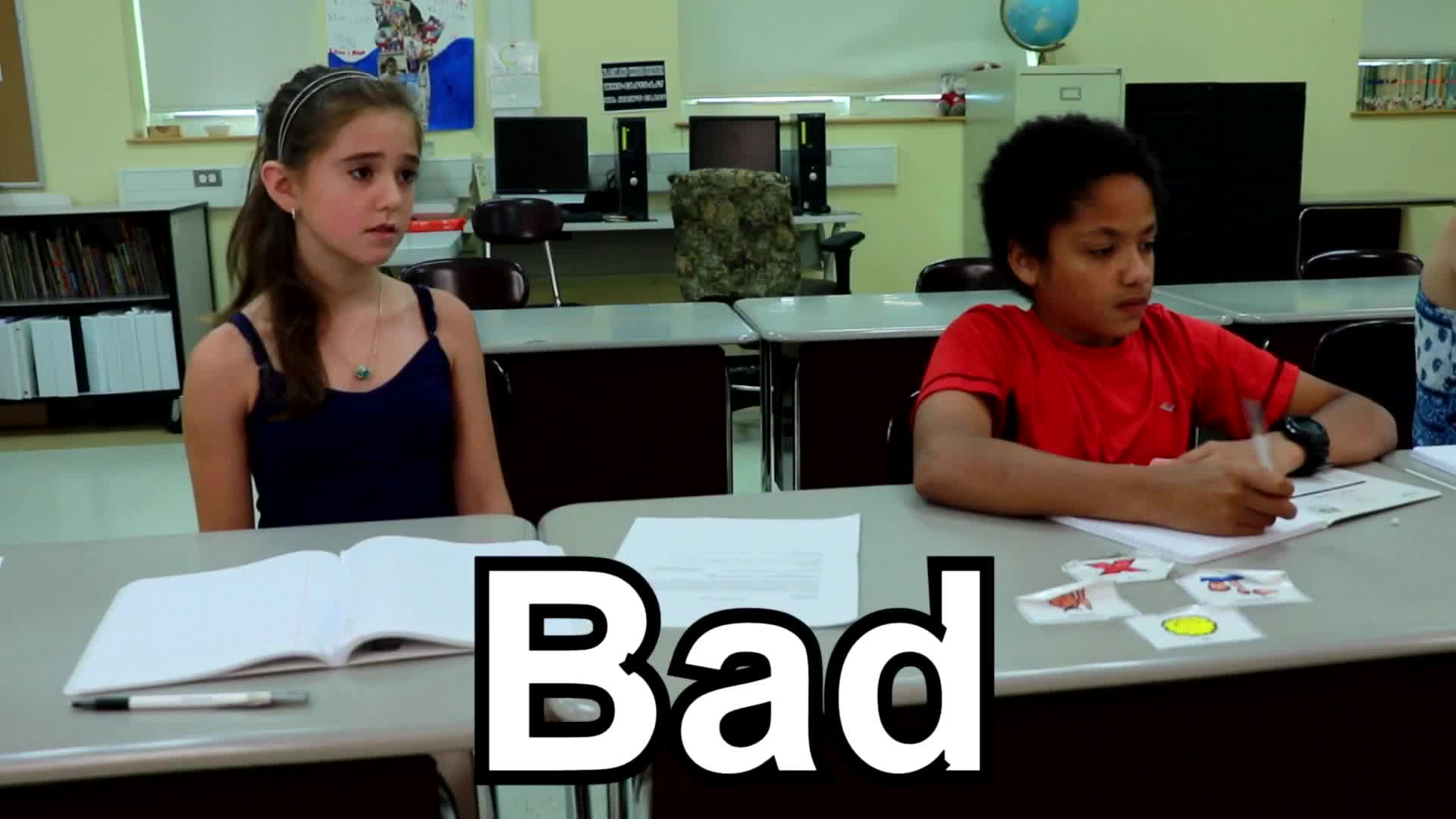
Introduction
As educators, it’s essential to teach our students the importance of appropriate behavior in the classroom. Sometimes, students may be tempted to copy inappropriate actions they see their peers doing, just to look cool or make others laugh. This blog post will explore an activity designed to help students understand the consequences of their actions and encourage them to think before acting. By incorporating principles of Social-Emotional Learning, educators can guide students towards making better choices in their interactions with others.
No-Prep Activity: The Choice is Yours
This activity requires no preparation or materials from the educator. Here’s how it works:
- Have your students sit in a circle.
- Explain that you will be presenting different scenarios where someone is displaying inappropriate behavior.
- After presenting each scenario, ask the students to think about what they would do in that situation.
- Encourage students to share their thoughts and discuss the potential consequences of copying the inappropriate behavior.
- Guide the students towards understanding the importance of making good choices and considering the impact of their actions on others.
This activity helps students develop their decision-making skills and learn to recognize the difference between appropriate and inappropriate behaviors in various situations.
Discussion Questions
Use these questions to stimulate further discussions about appropriate behavior in the classroom:
- Why is it important to think before copying someone else’s actions?
- What are some ways to make others laugh without engaging in inappropriate behavior?
- How can we support our classmates in making good choices and displaying appropriate behavior?
- What are some consequences of engaging in inappropriate behavior at school?
- How can we learn from our mistakes and make better choices in the future?
Related Skills
Teaching students about appropriate behavior in the classroom also helps develop other important skills, such as:
- Empathy: Understanding how our actions might affect others.
- Conflict resolution: Learning how to address disagreements in a respectful and constructive manner.
- Self-awareness: Recognizing our own emotions and understanding how they influence our behavior.
- Responsible decision-making: Considering the consequences of our actions and making choices that benefit ourselves and others.
Next Steps
If you’re interested in exploring more activities and resources to support your students’ Social-Emotional Learning, consider signing up for free samples of skill-based materials at Everyday Speech. These resources can help you create an engaging and supportive learning environment for your Special Education students.





